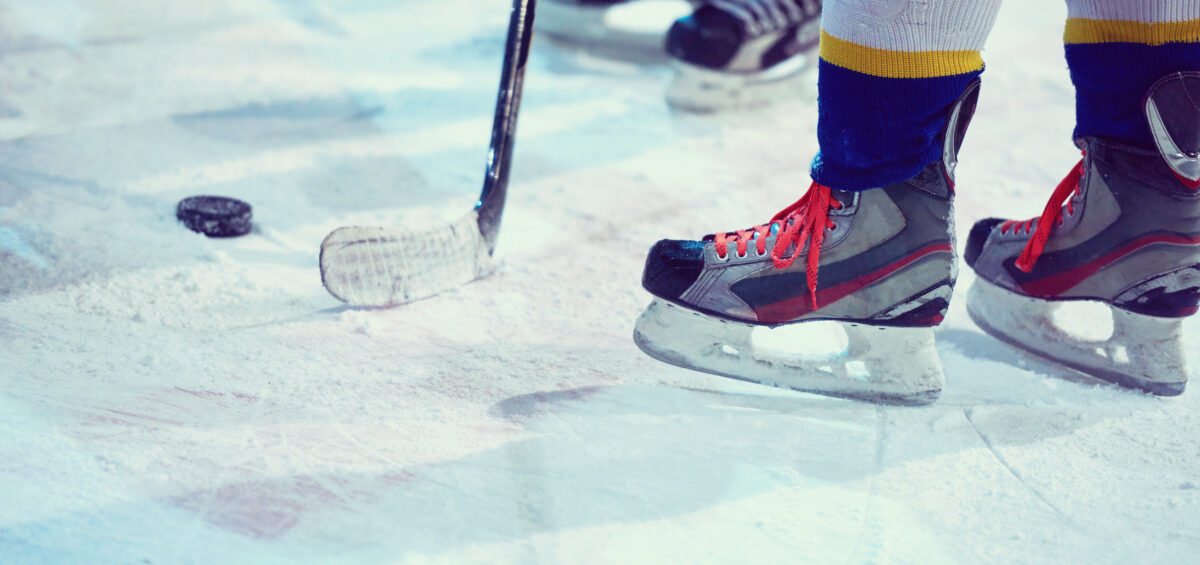I was all of 14 years old when I saw an image, which would be a lifelong feature film – something I could, with the blink of an eye, see – now in 5K resolution.
It was after an Alberta Junior Hockey League afternoon game between the Pass Red Devils and the Edmonton Mets. Interestingly, the moment didn’t take place on the ice with a highlight reel play. It was after the game when a friend boarded the Red Devil Pass bus, complete with a little – and, yes, cute – Red Devil painted on the side of the bus. As my friend, who was from Edmonton, waved goodbye to his family and friends, that image stuck with me, and was something I wanted to do – not as a player because I have cerebral palsy – but maybe, if I got a few bounces of the puck, I could ride the bus as a hockey writer. Indeed, I am a lucky man. Four years later, I was writing for a junior hockey club and did so for the next 40 years.
There is something unique and special when young men, chasing their National Hockey League dreams, spend hours and tens of thousands of kilometres travelling to games. They keep up with their school studies, play cards and practical jokes on each other, and so much more. For me, it is everything I envisioned it would be and much more.
I always think of riding team buses in the second week of April – the anniversary of that late afternoon, with the sun reluctantly setting, but still shedding rays of hope. Those rays were replaced with so many more unthinkable images. It’s painful thinking, even talking about it, let alone writing about it. The Humboldt Broncos team bus, colliding with a semi-truck, is one of the most gut-wrenching tragedies junior hockey will ever have: 16 members of the Broncos team perished, with so many more, including teammates and the noble first responders, having their lives changed.
Forever.
How can anything good come out of that? How can we say — even suggest – another window opened, when so many – so very many – doors closed. How can we even think in such ways? We cannot. Please believe me when I write that I will never, ever write nor think that.
But we need ways to remember. To honour. To keep traditions. To challenge our hearts, and spirits, to make a difference…to save lives.
That’s what Green Shirt Day is all about. It also speaks loudly to hockey’s interconnectedness. Logan Boulet was one of the 16 who died from the crash’s injuries. The defenceman had been inspired by one of his coaches, before he was a Bronco, to become a registered organ donor. Because of Logan’s selfless act, his organs were donated at the time of his death. Because of Logan’s gift, six people’s lives were saved. The response to Logan’s donation? Overwhelming as close to 150,000 people signed up to be registered organ donors.
For the David Foster Foundation, that number – let’s read that again: 150,000 – provides endless hope. Here, we can provide families with non-medical expenses, such as mortgage payments, car payments, travel expenses and other expenses. But getting organs for transplants? That remains a challenge.
The pain of the 2018 bus crash will always be there. It will sting. Dulling pain, again and again. Green Shirt Day reminds us to send love and warm April thoughts to the families and victims. If you want to honour them, you can create your living legacy. It’s easy. It’s simple. Visit our Be An Organ Donor page now.



